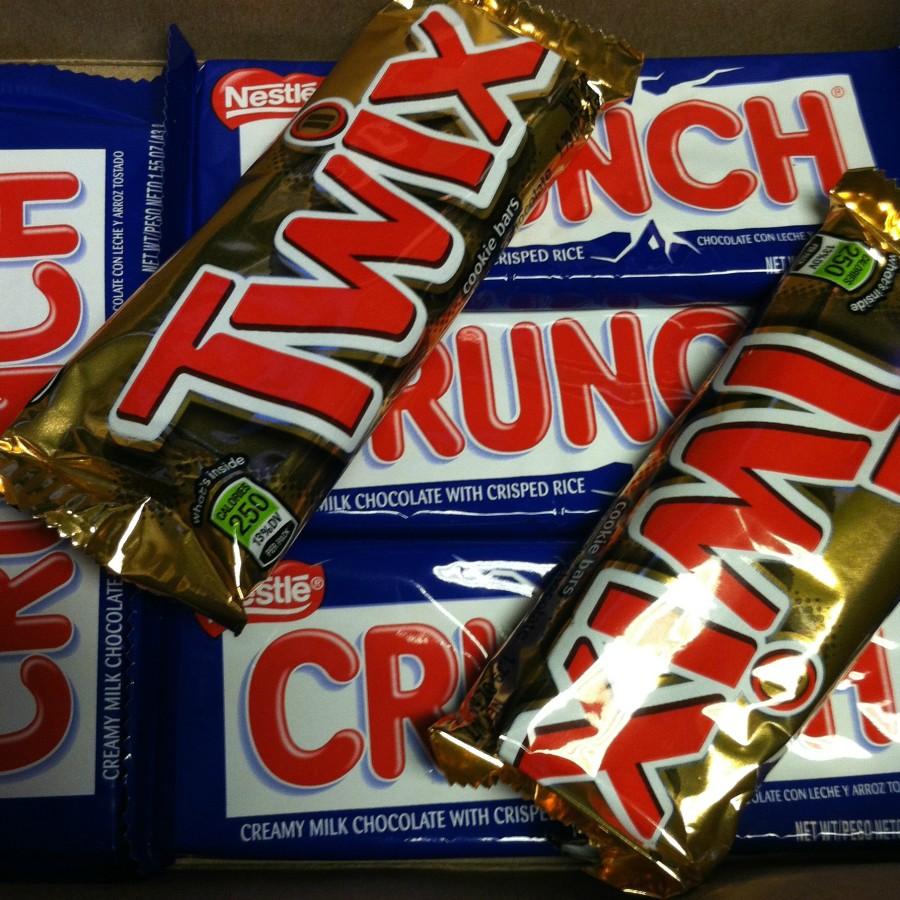Since 1976, there hasn’t been many flabbergasting problems on the beaches of the Gulf Coast and southern Florida in regards to bacterial cases. Lately, however, a new bacteria known as Vibrio Vulnificus, seems to be affecting the beaches of Florida and has become a growing concern for many residents.
Vibrio Vulnificus is a “flesh-eating” disease that can cause sepsis (blood infection) and severe cellulitis (inflammation of subcutaneous tissue) with rapid development of ecchymoses (discoloration of the skin resulting from bleeding underneath the skin) and bullae (bubble like cavity filled with air/fluid). In very serious cases, necrotizing fasciitis (inflammation of the fasciae of muscles/organs) can form if not treated immediately.
Vibrio Vulnificus can be found lurking in warm, shallow, salt bodies of water, and the bacteria may enter the person’s body through the open sore of a wound. Another possible way of contracting this disease is by eating raw oysters or shellfish. People will mostly be at risk if they have had skin, liver, or kidney problems prior to being infected.
Some symptoms of the bacteria are fever, vomiting, diarrhea, low blood pressure, and abdominal pain. The individual may even die in the next 48 hours if they do not receive medical attention before it is too late.
“I’m the type of person to enjoy going to the beach almost every other weekend. A week or two ago, I was on my way to the beach until my mom warned me about the bacteria. I ended up changing my mind about it, just knowing there is something lurking in the water that can kill me frightens me,” sophomore Jonathan Barragan said.
There has been about 95 cases, 85 hospitalizations, and 35 deaths so far this year. Although, scientists have found a way to treat this beach-time destroyer. The most popular way is to cut off the infected tissue through surgery. Another example of treating this disease is through wound therapy. No matter the procedure, taking antibiotics such as Penicillin is another way to get yourself on track to being cured. Also, vomiting and diarrhea is caused by dehydration, so drinking some hydrating liquids such as Pedialyte can help. Try to stay on your normal diet and avoid seafood, spicy foods, alcoholic beverages, and coffee until all the symptoms are gone.
When asked about his thoughts on the bacteria, sophomore Harrison Nieto said, “I found out about the bacteria after I went to the beach! I was so scared I immediately went to the doctor the next day to get myself checked. I’m glad I didn’t have anything, though.”
Vibrio vulnificus continues to rise in ocean waters and is becoming a bigger problem each day. As of now, there is no official cure for the disease, but there are various treatments that are available for the individuals that become infected by this “flesh-eating” disease.







